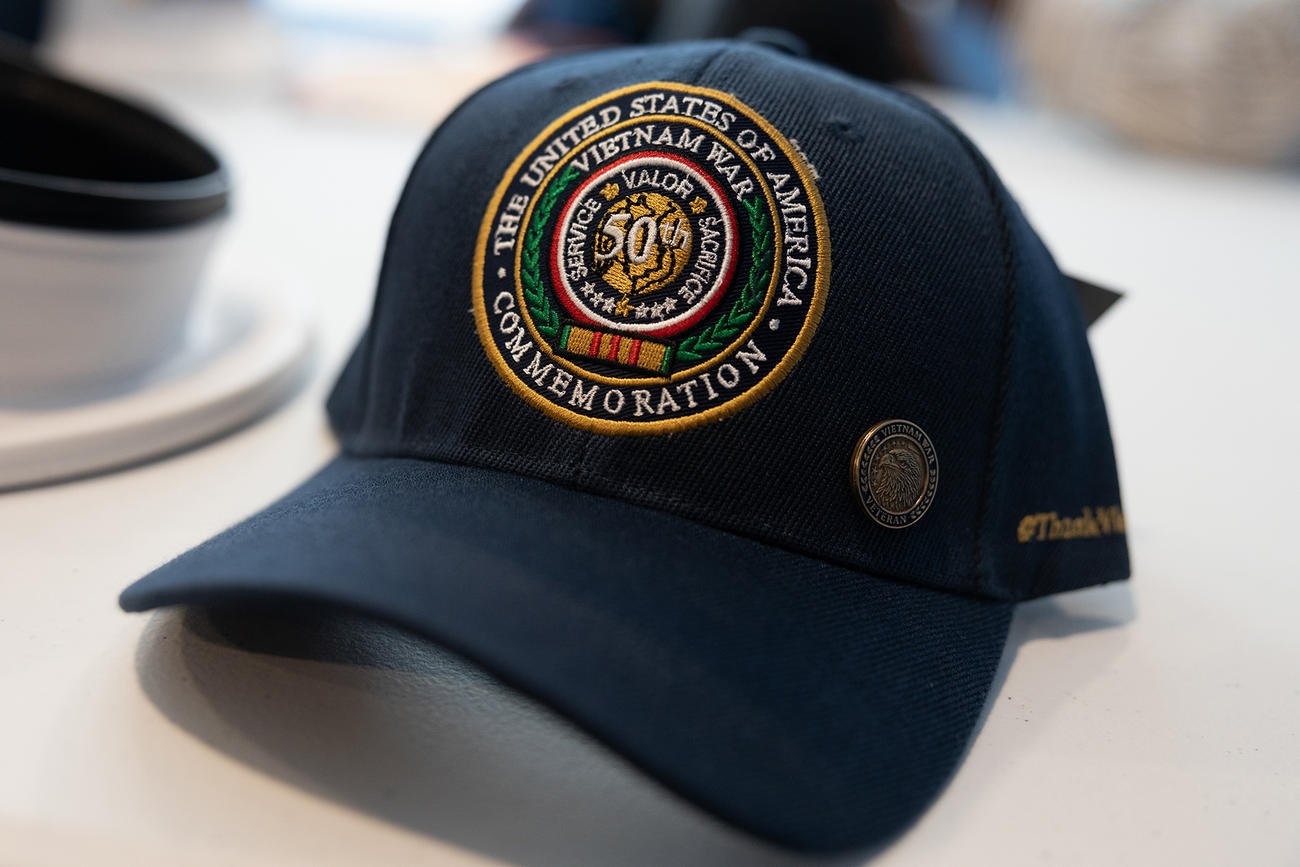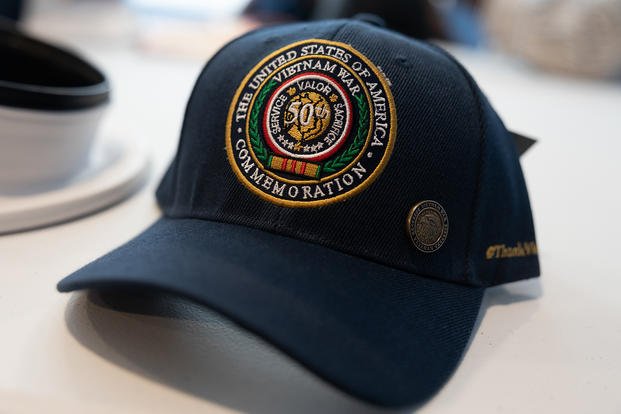

Amber Zora is a United States Army veteran advocating for peace.
The interdisciplinary artist based in Rapid City received a Bush Fellowship she’ll use to challenge some dominant, widespread narratives about militarism and war.
“How did the military get so overgrown? How did it become the thing it is today? At what point is war necessary? How many weapons is enough weapons?” Zora said. “I don’t have the answers, but these are important questions to ask. … These are the questions the common person gets to ask.”
Through her Bush Fellowship and art, Zora hopes to initiate conversations about patriotism, military service and war.
“One of the reasons why it’s important to talk to people who have been affected by war is most of the time we only have Hollywood depictions of it. That’s not necessarily soldiers telling their own stories,” Zora said.
Bush Fellowships are a program of the Bush Foundation. The Bush Foundation invests in people and ideas that can creatively solve problems and make an impact in South Dakota, North Dakota, Minnesota and the 23 Native nations in that geographic region.
Zora’s Bush Fellowship will give her opportunities to develop her leadership skills, build relationships, and expand her knowledge in the anti-war field. She’s currently traveling to museums around the world that curate exhibits about the topics of war, trauma and conflict. Her travels will include visits to the Auschwitz-Birkenau State Museum in Poland, the Hiroshima Peace Memorial Museum in Japan, and the National Memorial for Peace and Justice in Alabama.
“The first year of the Bush Fellowship … I’ll be doing this intense study, and reaching out to artists who are local,” she said.
Zora plans to visit other artists’ studios and she wants to develop a network of artists in the region the Bush Fellowship serves. She’s looking for artists who are veterans or who have been affected by war. She wants to find new ways to promote those artists’ work that reflects on veterans’ experiences and the experiences of people who have been harmed by war.
“One of the things that happens with veterans’ art is it gets put into the category of healing arts a lot,” Zora said. “This will be more like community healing, acknowledging some difficult parts of our past.”
Zora hopes the Bush Fellowship will also give her a chance to show her own art locally. She works in photography, printmaking and watercolor, and most of her artwork focuses on her personal experiences. Zora has exhibited her work nationwide including the San Francisco Arts Commission, the Las Vegas Contemporary Art Center, Chicago Cultural Center and the National Veterans Art Museum, among others. Go to amberzora.com to learn more about her work.
Zora served in the U.S. Army for eight years. She initially enlisted to be a cook, but she ended up deploying to Qayyarah West, Iraq, as an ammunition specialist from 2006 to 2007 with the 592nd Ordnance Company. She graduated from Yankton High School in 2004 and enlisted in the Army to serve in a support position.
“I joined as a cook, and I never did that job for the military,” Zora said. “They reclassified me and I deployed as an ammunition specialist. … The military needed a different kind of soldier and … 90% of my unit was under 25 years old and reclassified from other jobs.”
After returning from her deployment, she joined Army Public Affairs and wrote articles and took photos to fulfill her eight-year military contract as an active duty reservist. She also earned her Bachelor of Arts degree from University of Alabama at Birmingham and a Master of Fine Arts degree in Photography and Integrated Media from Ohio University.
Though Zora grew up in Yankton “with Cold War missile sites in our backyard” and her mother served in the National Guard, Zora’s own deployment to Iraq shifted her perspective about military service, war and patriotism.
“Both of my grandfathers were in the military, and one was in World War II,” Zora said. “My grandfather painted the insides of missile silos in North Dakota. He was working at a potato farm and he was so proud to be a contractor for the military, painting missile silos,” Zora said. “All the people that worked in those construction sites … would put their hard hat in the back window of their car. He was so proud to put his hard hat in his car.”
Zora said while people want to be supportive of veterans and their service, they don’t consider the challenges veterans face during and after military service.
“Veterans come back and you get ‘thank you for your service’ and your hockey night and whatever, but if you’ve tried to navigate the VA system, it’s difficult (as one example),” she said.
Beyond what veterans deal with, Zora encourages people to consider war and its aftermath in the United States and internationally.
“Blind patriotism will fail all of us if we just go along with the status quo on international issues,” she said. “I know these are difficult conversations to have.”
Zora’s own deployment left her with uneasiness and questions, and her art studies connected her to other veterans who share her feelings. While in graduate school, Zora wanted to use her military uniforms to make paper and she learned from a professor about a group that was already repurposing their uniforms for art. At a photo conference, Zora met other veterans who felt unsettled about their military service.
“I ended up meeting veterans that had pretty serious concerns about their involvement in the global war on terror. When we joined the military, a lot of us joined for access to resources to go to school or for health insurance. We were joining for many different reasons,” Zora said.
“We realized (the war on terror) is harming not just our friends, it’s harming the people of Iraq and Afghanistan. I would say most of us, a lot of us are anti-war. We want to see reconciliation and I don’t know if that’s going to happen. I feel like we look back and it was a mistake, but as a nation, I don’t think we reflected on that,” she said.
“We do our country a disservice when we have blind patriotism. If you’re a blind patriot, you’re not thinking these things through,” Zora said.
Zora hopes through her Bush Fellowship to present art that “challenges people’s preconceived notions they have around what being a veteran is, and what these war experiences are like, and to bring more diverse perspectives into that conversation.”
(c) 2024 Rapid City Journal, S.D.
Visit Rapid City Journal, S.D. at http://www.rapidcityjournal.com
Distributed by Tribune Content Agency, LLC.
© Copyright 2024 Rapid City Journal, S.D.. All rights reserved. This material may not be published, broadcast, rewritten or redistributed.
